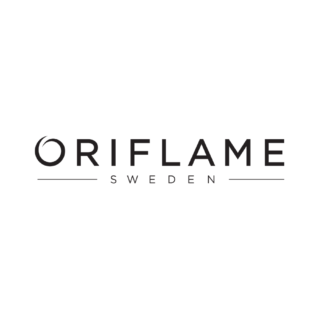Swedish cosmetics giant Oriflame recently announced it has received an offer valuing it at $1.3 billion from the af Jochnick family that founded it back in the 1960s.
By proposing a 35 percent premium over Tuesday’s closing price, the family is hoping to build on the roughly 30 percent stake it already has in Oriflame and take the company private. The goal is to push through a “re-positioning” that the af Jochnicks argue is better done away from the glare of the stock market.
But the offer price, which the family says is all they can afford and can’t be raised, doesn’t take into account the company’s potential, according to Joakim Bornold, a savings adviser at Soderberg & Partners. He says that means smaller shareholders will miss out on the restructuring gains that are buried in the stock.
“The bid feels a bit ungenerous right now,” he said by email. “The shares have dropped considerably lately and are very far from their all-time high.”
About a year ago, one Oriflame share traded at a high of 419 kronor, compared with Tuesday’s close of 168 kronor. The af Jochnicks are offering 227 a share.
“I understand that the owner family sees a good opportunity to buy out the company right now, to make the big changes that are required,” Bornold said. “If they succeed, then Oriflame will likely return to the stock exchange, but it will be much more expensive.”
The proposed deal comes after Oriflame lost roughly a tenth of its market value since the beginning of the year. That followed a slump of more than 40 percent in 2018. Walnut Bidco, the company created by the af Jochnick family to push through the deal, “will not” increase the offer price, it said in the statement. They need shareholders representing at least 90 percent of the stock to agree to the deal for it to be successful.
“It’s a gloomy development that the stock exchange increasingly loses these restructuring cases to the private environment,” Bornold said. “It’s a sign of weakness for the stock market. The losers are the smaller shareholders.”
Frida Bratt, a savings economist at Nordnet in Stockholm, says it’s likely that a lot of Oriflame investors are “tired of the share-price pressure and want to sell.”
“But at the same time, there are investors more willing to take risk, that see the low valuation and a chance of recovery,” she said. “From that perspective, there is a risk that a premium of 35 percent will not be enough for the bid to go through.”
Bratt says the af Jochnick offer is understandable because “the stock market’s judgment can be quite tough on companies where profitability falls over a period.”
Alexander af Jochnick, the chairman of Oriflame, says the family can’t raise the offer price “because we decided that if we’re going to buy it out, we’re going to buy it ourselves, not with industrial or private equity capital.” There’s “no room” for the price to be raised, he said in an interview. The family is also prohibited from raising the offer due to the stock exchange’s takeover rules.
In the statement, the family said that it “has become increasingly obvious” that the company “is facing a number of headwinds.” Oriflame, whose markets currently include Turkey, the former Soviet Union and Latin America, now “needs to undertake a re-positioning in key geographies” and “achieving this re-positioning has challenges in the public market.”
Analysts monitoring Oriflame shares had been largely positive. Of the six tracked by Bloomberg, three were advising clients to buy, two said hold on to existing stock and only one recommended that investors should sell. On average, analysts expected Oriflame shares to trade at about 195 kronor 12 months from now, indicating upside potential of about 16 percent.


